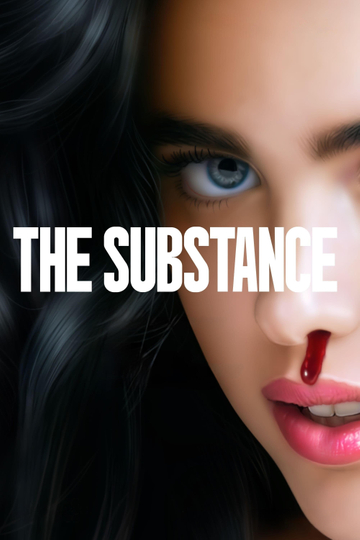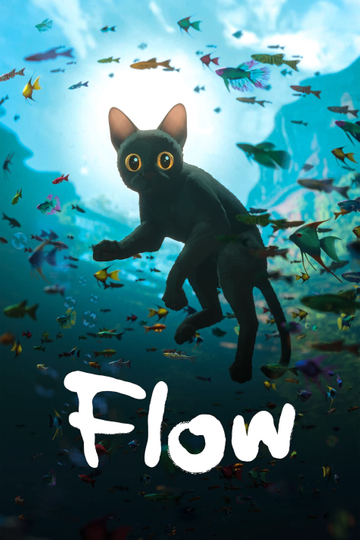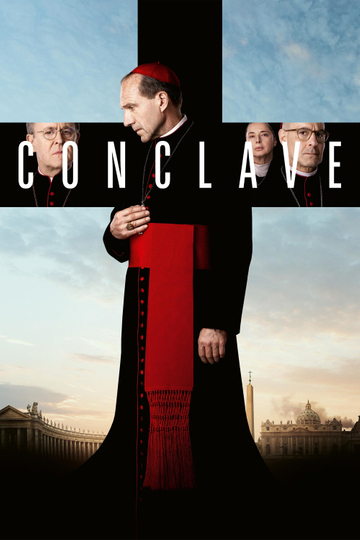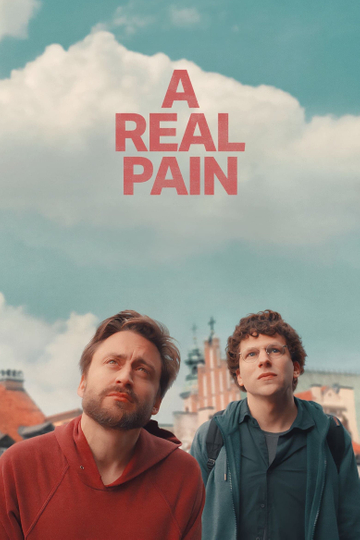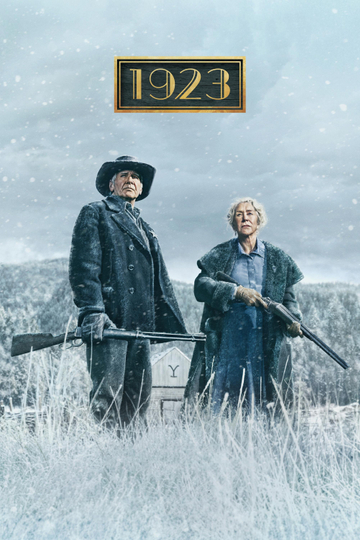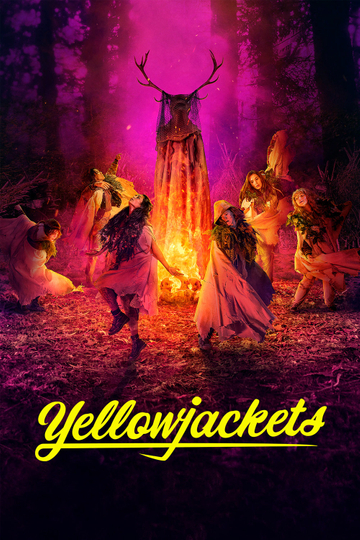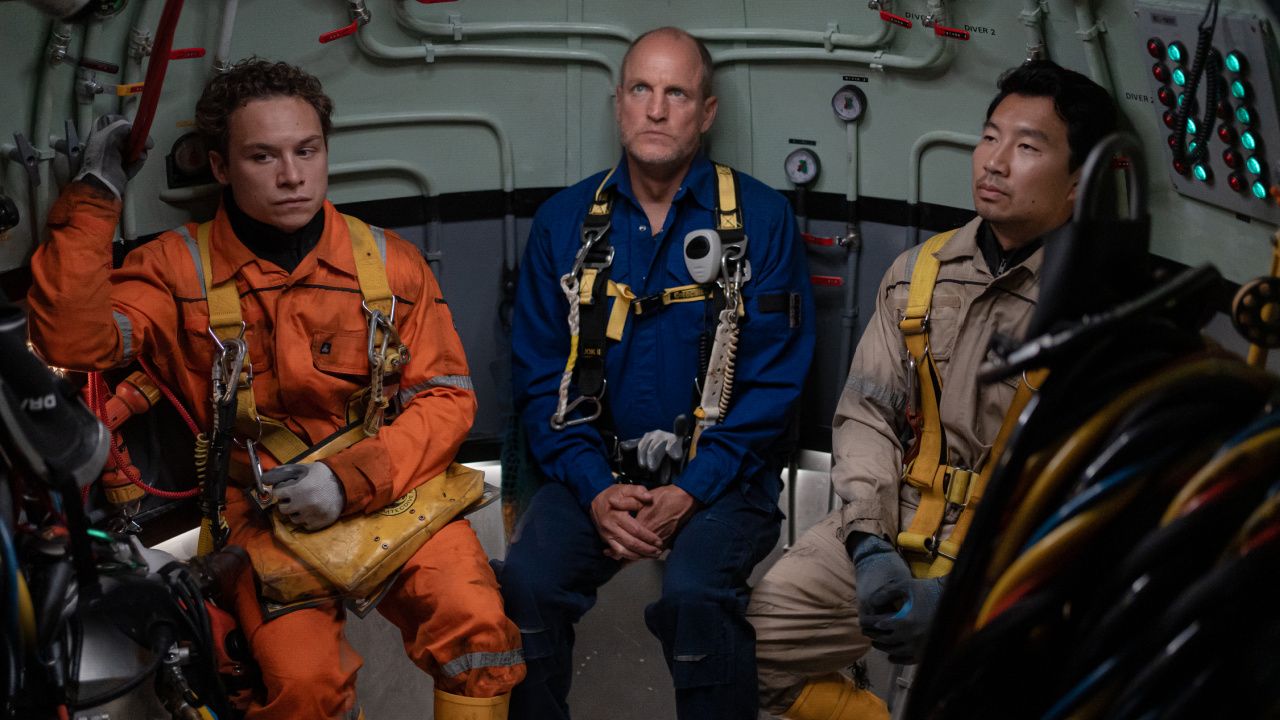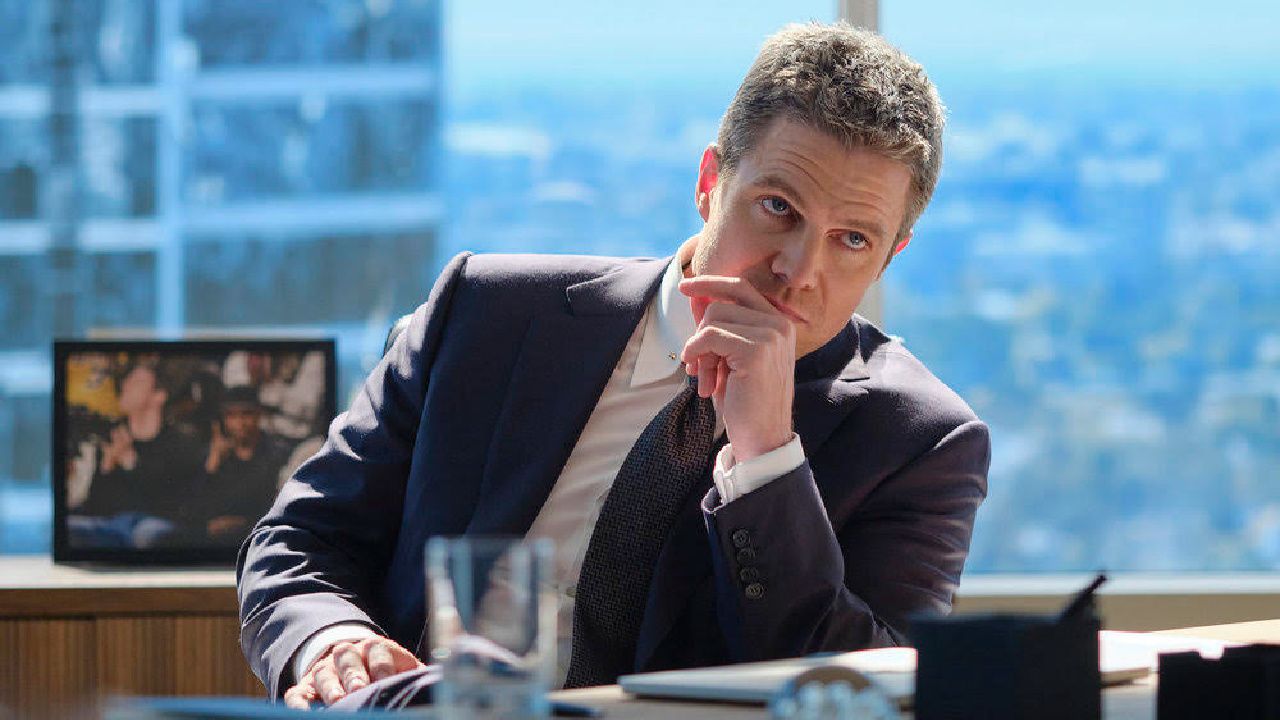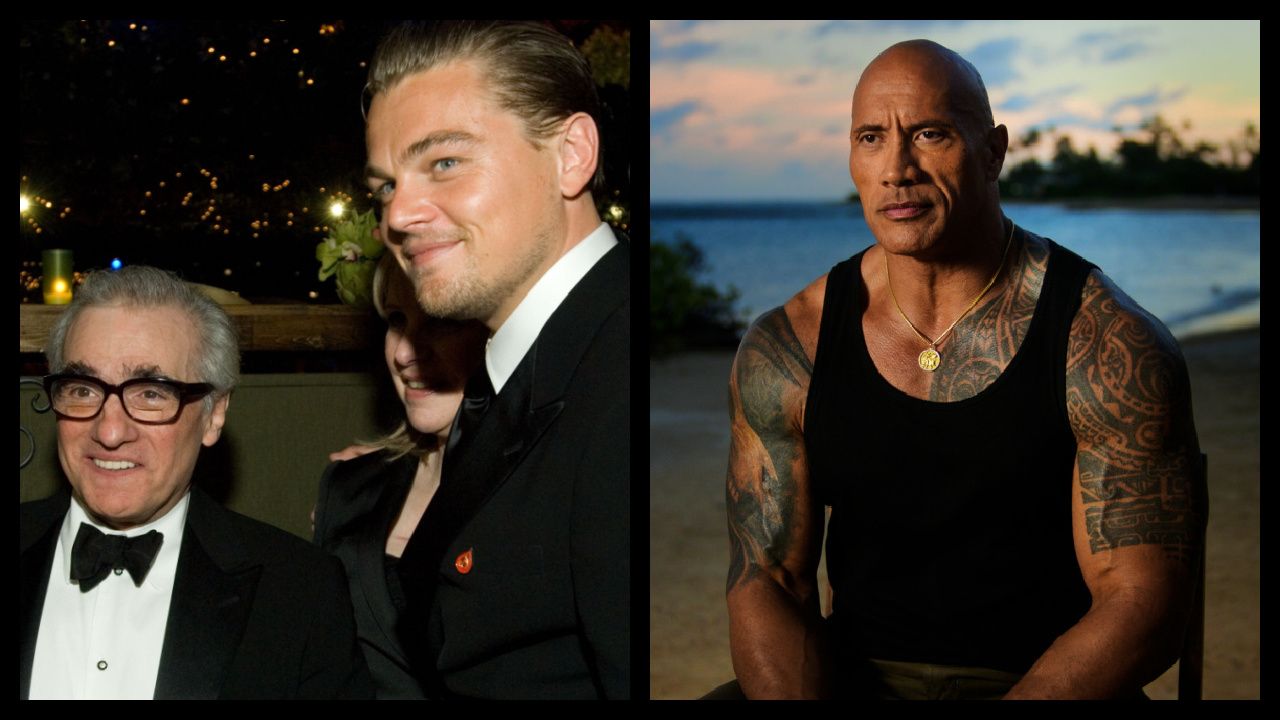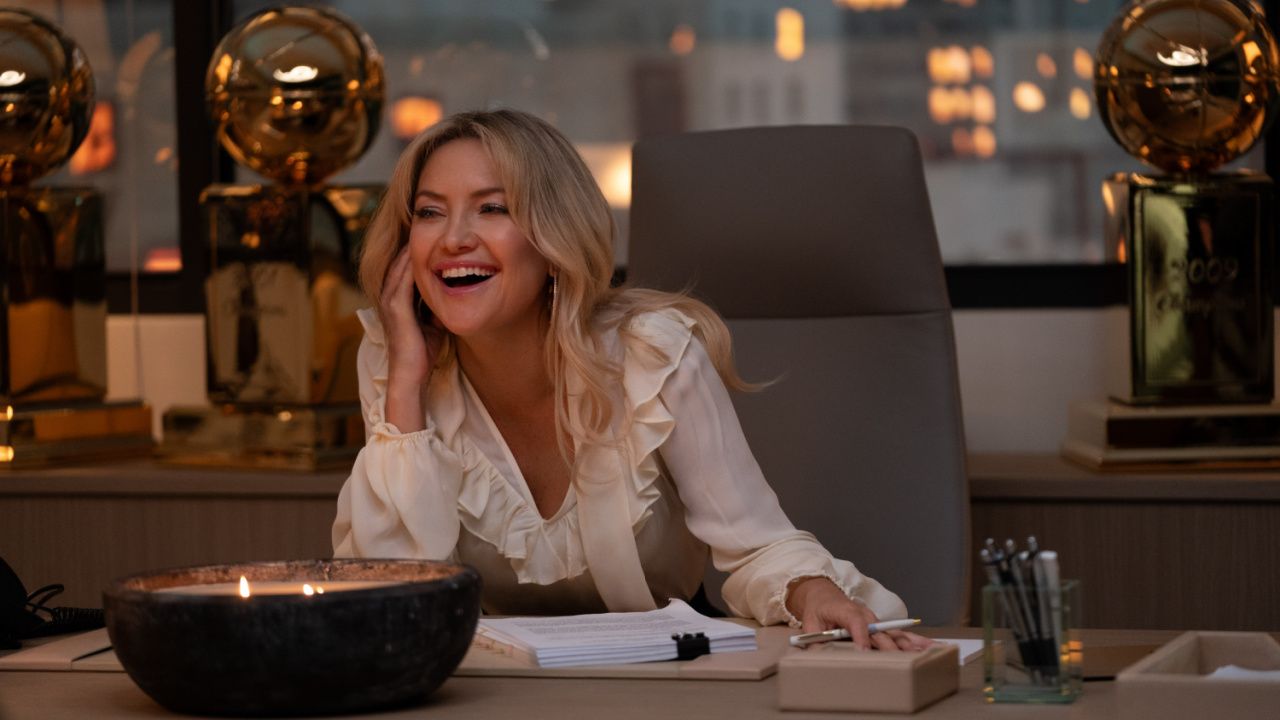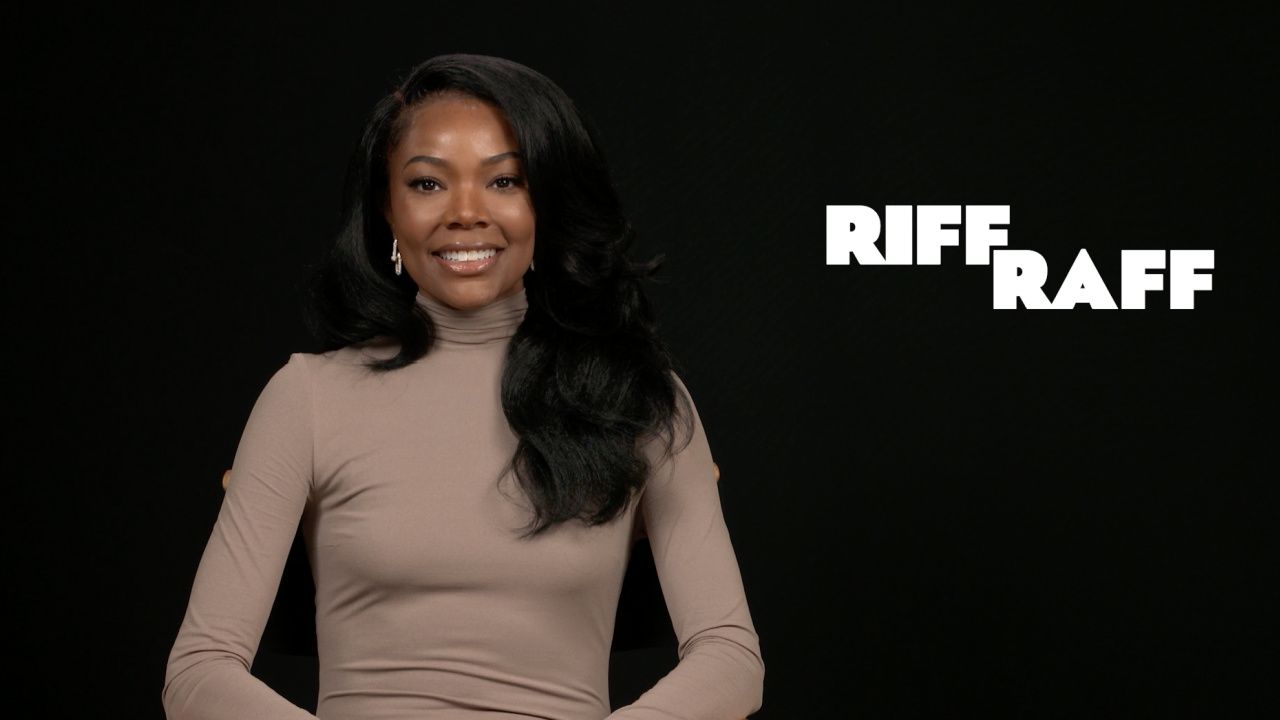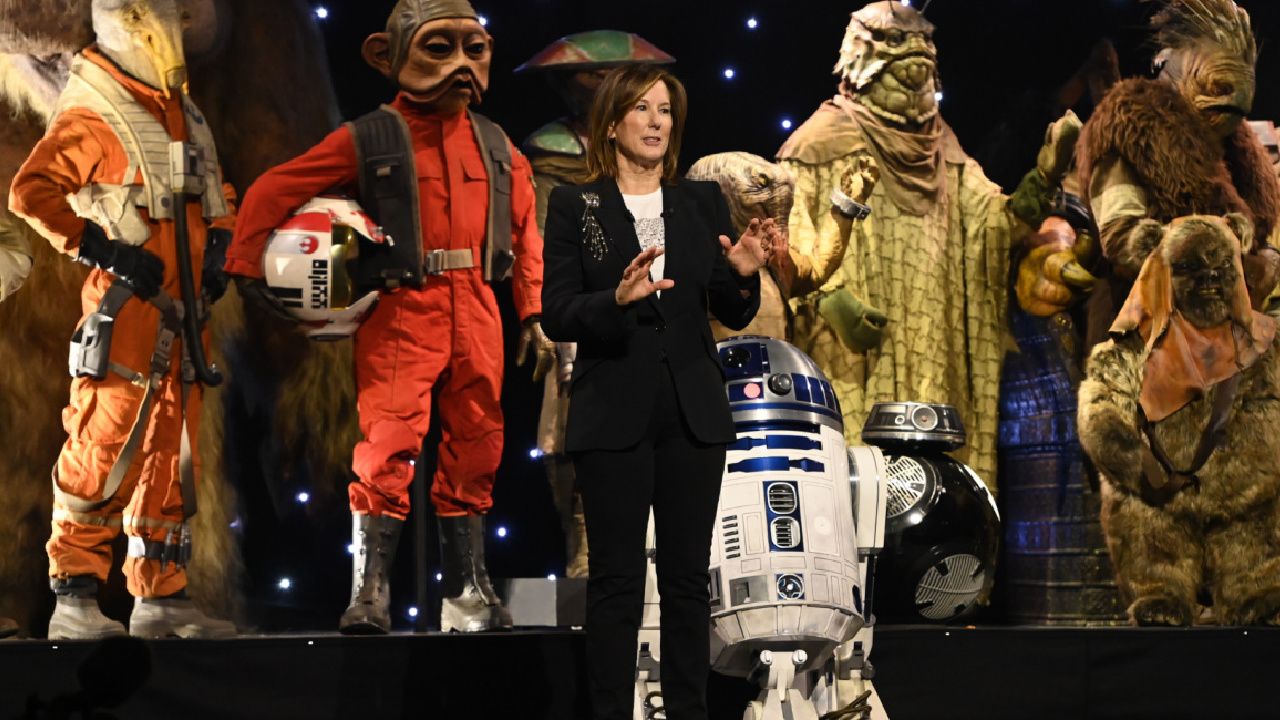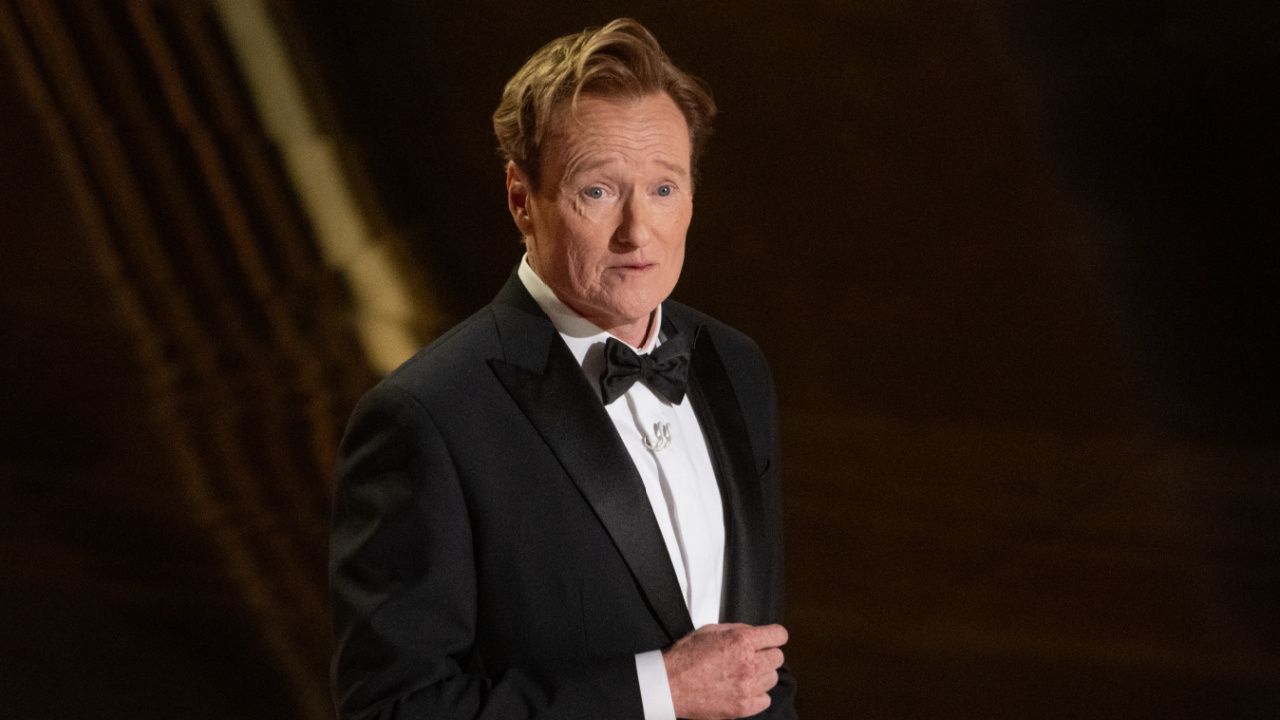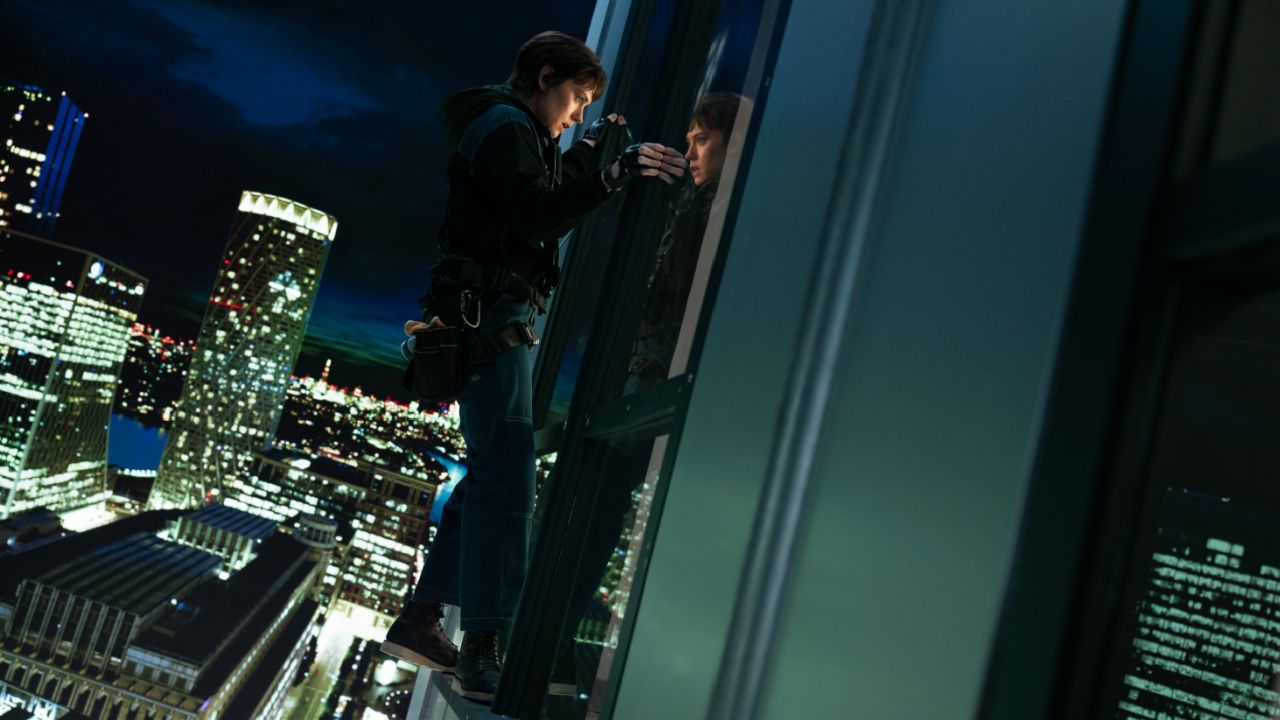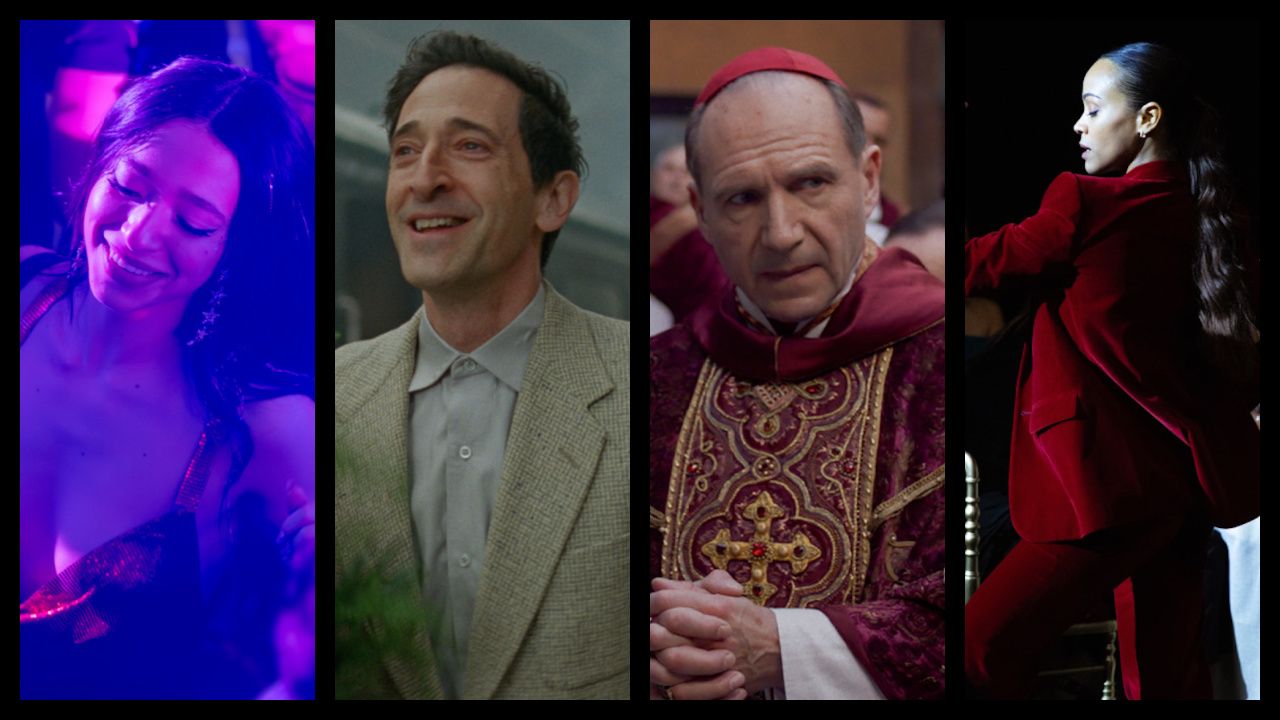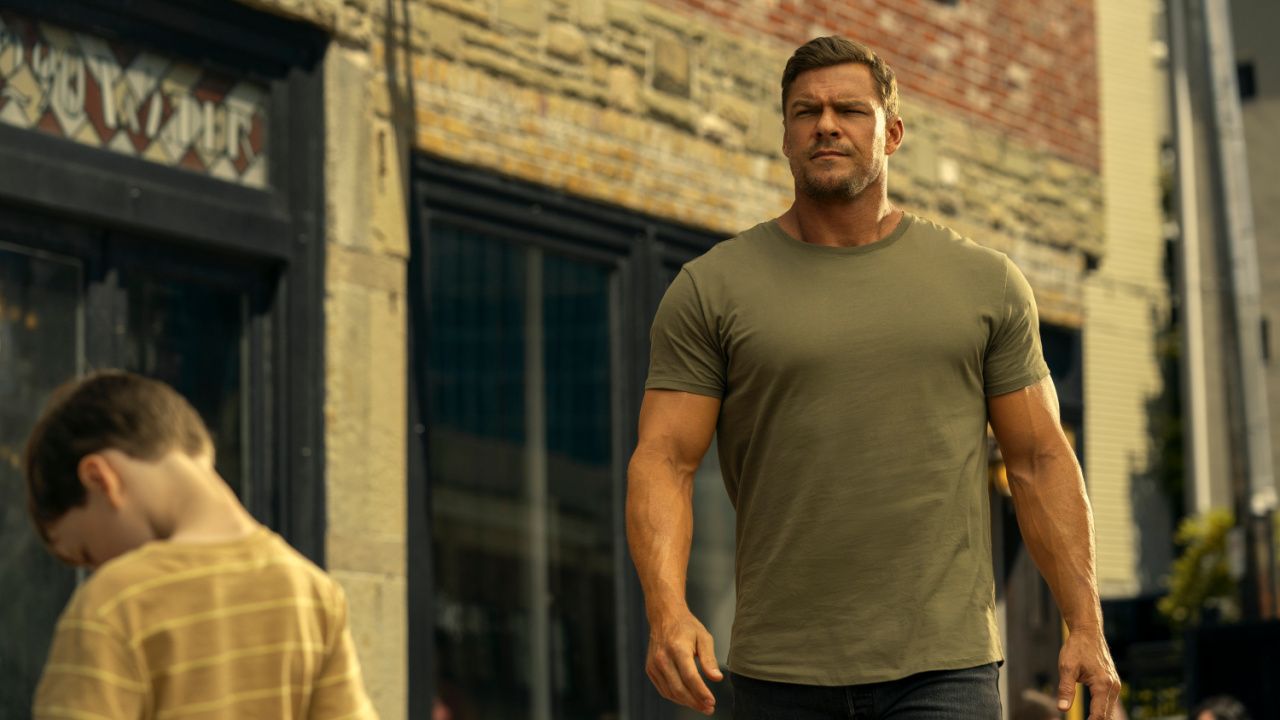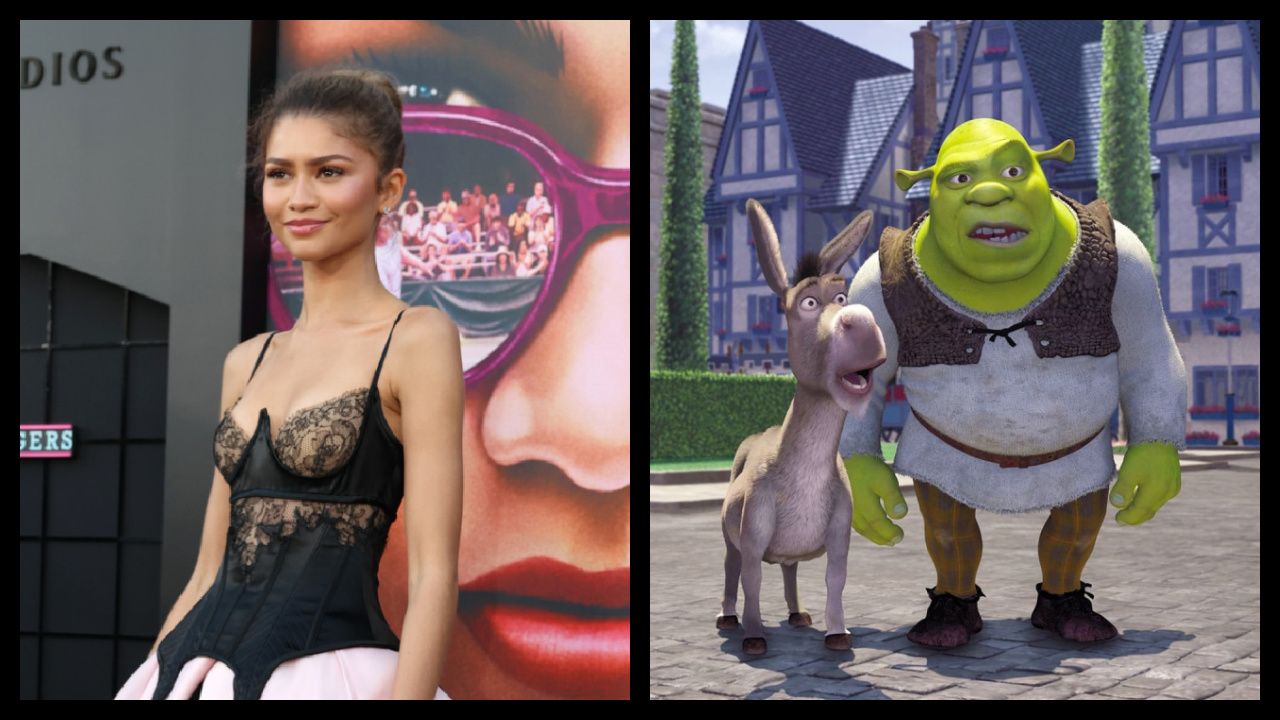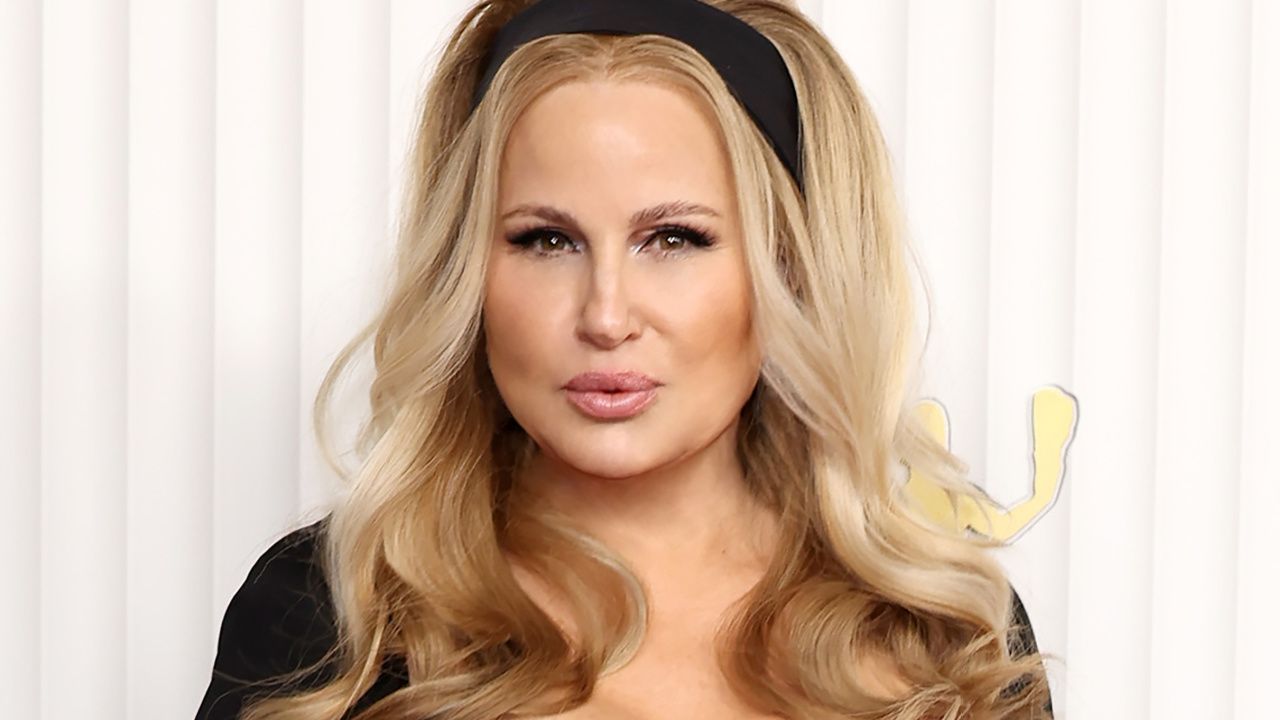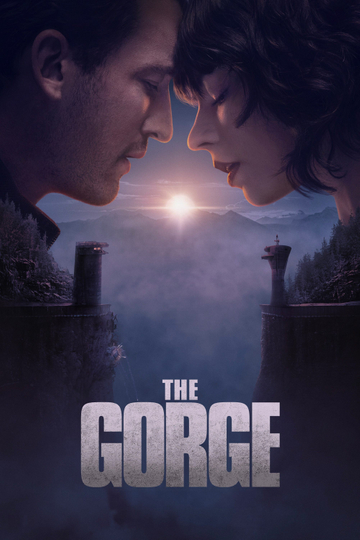Writer and Director Minhal Baig and Lil Rel Howery Talk 'We Grown Now'
Moviefone speaks with Minhal Baig and Lil Rel Howery about 'We Grown Now'. "I'm from Chicago and the story in general is important to tell," Howery said.
Opening in theaters on April 19th is the new drama ‘We Grown Now,’ which was written and directed by Minhal Baig (‘Hala’), and stars Jurnee Smollett (‘Birds of Prey’), Lil Rel Howery (‘Get Out’) and S. Epatha Merkerson (‘Terminator 2: Judgment Day’).
Related Article: Director Clay Tarver Talks 'Vacation Friends 2' and Working with John Cena
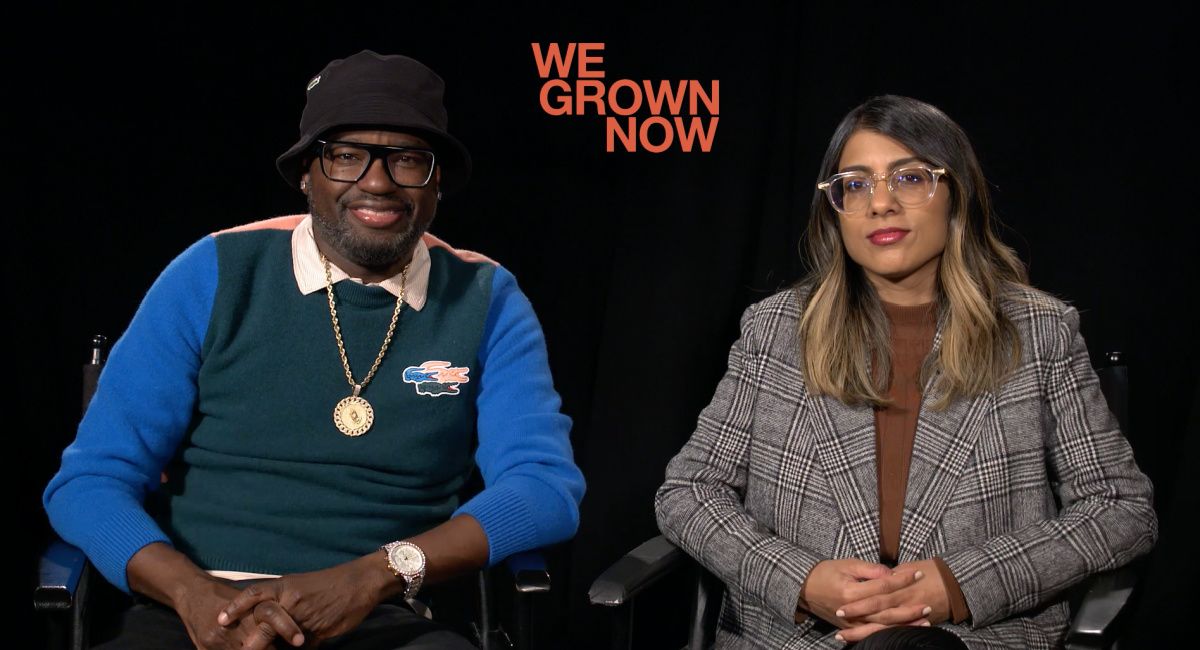
(L to R) Lil Rel Howery and writer/director Minhal Baig talk 'We Grown Now'.
Moviefone recently had the pleasure of speaking with writer and director Minhal Baig and Lil Rel Howery about their new film, developing the screenplay, the themes Baig wanted to explore, telling the story from the point of view of two young boys, Howery’s character, and what it means to him to be part of this project.
You can read the full interview below or click on the video player above to watch our interview.
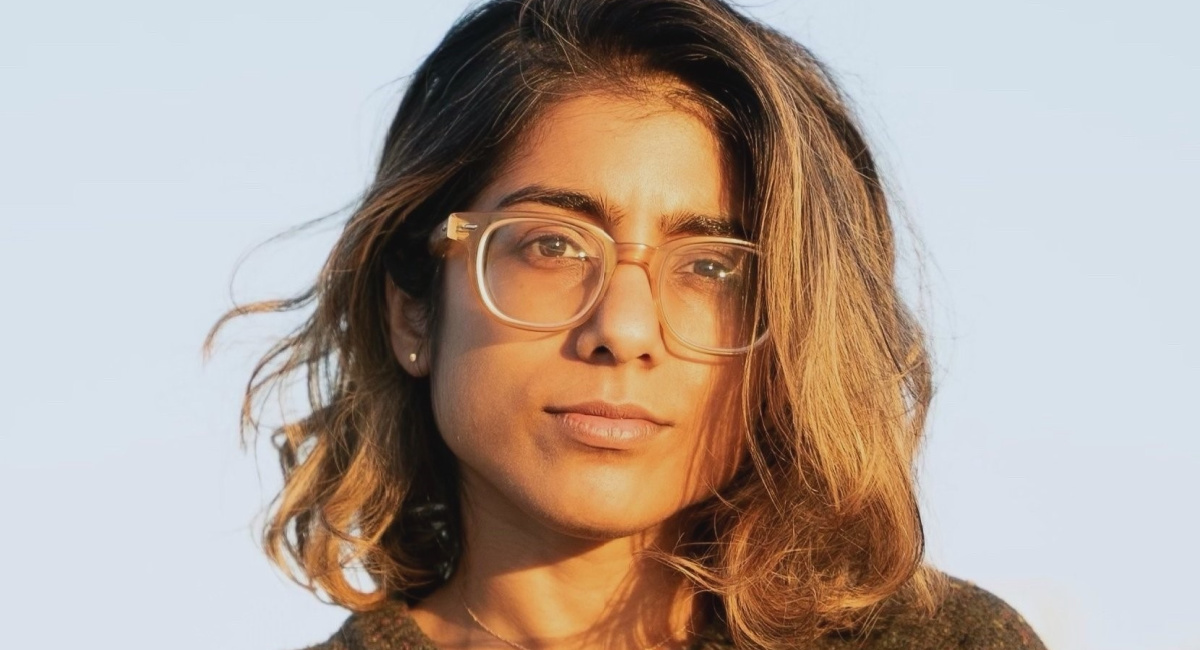
'We Grown Now' writer/director Minhal Baig. Photo: Sony Pictures Classics.
Moviefone: To begin with, Minhal, can you talk about developing the screenplay, the themes you wanted to explore and telling the story from the point of view of these two young boys?
Minhal Baig: The process of making this film started in 2018. I was connected to former Cabrini-Green residence, and I was approaching it from a place of curiosity. I'd just moved back to Chicago. I'd lost my father, and my family was trying to figure out what to do with our family home. The relationship I had with the place had drastically changed because my father was no longer there, and I was interested in exploring this relationship of what home means to us. But I was drawn to exploring it through the lens of a community, the community's relation to a place that no longer exists, because the last of the high rises were demolished in 2011. So, when I was talking with people who lived in the high rises, I was really surprised by their stories, things that I really wasn't expecting to hear. Stories about everyday life of family and friendship. Those were the things that really found themselves into the finished film. They were also stories that I hadn't seen before. So, that was what really drew me to exploring the story through the perspective of these two kids too. Because when I talked to people who grew up there as children, that was the only place they knew, and it was a special place. I wanted to capture that in the movie where you could hold two truths at the same time. That this was at times a challenging and difficult place to live but there was also a lot of love in life. Their stories were really challenging the dominant cultural narrative of Cabrini-Green at the time, which was that there was a lot of drugs, violence and gang activity. While there's a part of that which is true, there's also another part that's true. I wanted the film to explore both of those things, but in a way that we hadn't seen before. So, that's why we chose to share the story through the perspective of these kids because they really see it in a light that is different than adults. So, that was the process of just remaining open, listening and learning from people, not really directing the script or the story in any one direction until I'd spoken to people who lived there, and coming out the other side with this story that was emerging from their stories, which was about home, what it means, friendship and the struggle of leaving a place behind. Really the heart of the story is it's these kids and their friendship, what they have in this world and in this community is each other. That spoke to me personally, even though I didn't grow up in Cabrini-Green. The themes of friendship, it's something that I think everyone can relate with.
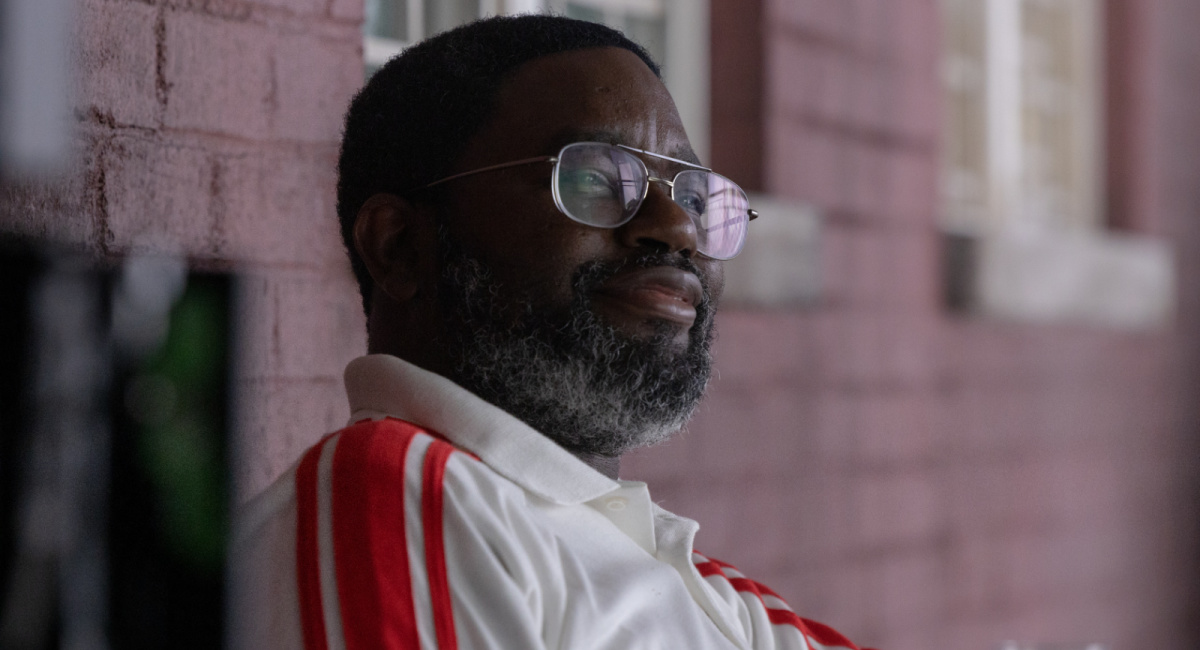
Lil Rel Howery in 'We Grown Now'. Photo: Sony Pictures Classics.
MF: Finally, Rel, what did you like about playing this character and what does it mean to you personally to be part of a project like this?
Lil Rel Howery: Well, it meant a lot. I'm from Chicago and just the theme and story of Cabrini-Green in general, the residents, it's very important to tell that story and move away from what people think about project families and what we've seen in media and even other film portrayals of what a project family is, which is a family growing up in the housing projects. What's beautiful about this is just how connected family is. I love the fact that when we show them having dinner together, how normal that was throughout that whole building. You can go to any apartment in that building and that's what everybody was doing almost at the same time, was literally having dinner and talking with each other and laughing. I think a lot of the times people forget the sense of community in Cabrini-Green, and not just Cabrini-Green but housing projects in Chicago in general. My family comes from Robert Taylor, and it was eight of them in one place. But all they have is great memories of it. I remember at that time, the ‘Stop the Violence’ stuff and how big that was. Unfortunately, now when you see a film like this and you shoot something like this, I do know what the future is. Because It's not 1992 no more. I've lived through it. I'm like, it never really got better. It got worse. Even when the energy was correct to do it, it didn't last. It is one of those things, you start realizing we get all up in arms about something and then slowly but surely, depending on if the powers that be really care about what's going on for real, nothing ever really changes. But I mean for me, I really had to do this movie. I watch stuff all the time that tries to tell these Chicago stories and it's not authentic at all, it annoys me. This movie is a beautiful, to me, a love letter, which Minhal created, to Chicago and to those residents and from their perspective of those young men and their friendship. We don't see too many black boys just being kids and showing true friendship with emotional ties to it. What it felt like when one of your friends moved away? You've just never really seen that, to me, a black kid's perspective, honestly. I think that was cool. That's one of my favorite things about this movie.
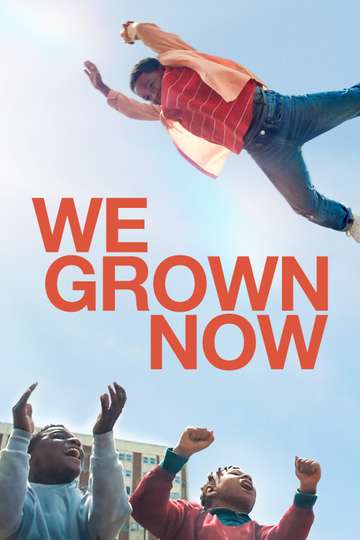
What is the plot of ‘We Grown Now’?
Best friends Malik (Blake Cameron James) and Eric (Gian Knight Ramirez) come of age in the Cabrini-Green housing complex in the early 1990s.
Who is in the cast of ‘We Grown Now’?
- Blake Cameron James as Malik
- Gian Knight Ramirez as Eric
- Lil Rel Howery as Jason
- Jurnee Smollett as Dolores
- S. Epatha Merkerson as Anita
- Avery Holliday as Amber
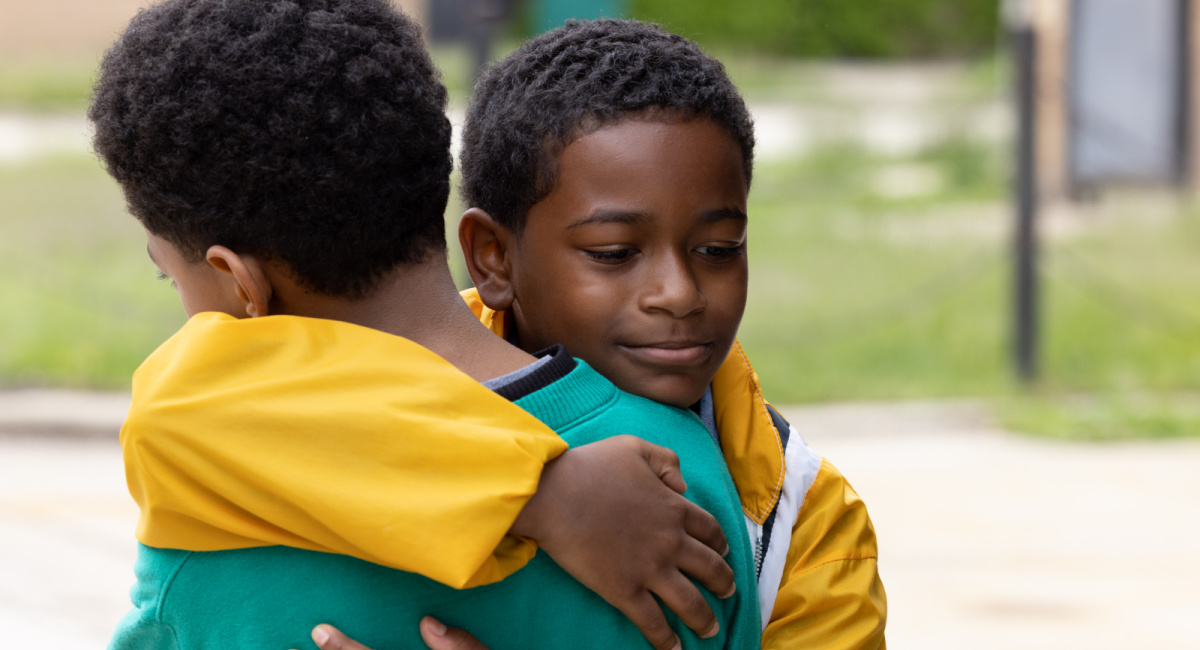
(L to R) Gian Knight Ramirez and Blake Cameron James in 'We Grown Now'. Photo: Sony Pictures Classics.
Other Movies Similar to ‘We Grown Now:’
- 'Harlem Nights' (1989)
- 'New Jack City' (1991)
- 'Juice' (1992)
- 'Moonlight' (2016)
- 'A Thousand and One' (2023)
Buy Tickets: 'We Grown Now' Movie Showtimes
Buy Lil Rel Howery Movies On Amazon

